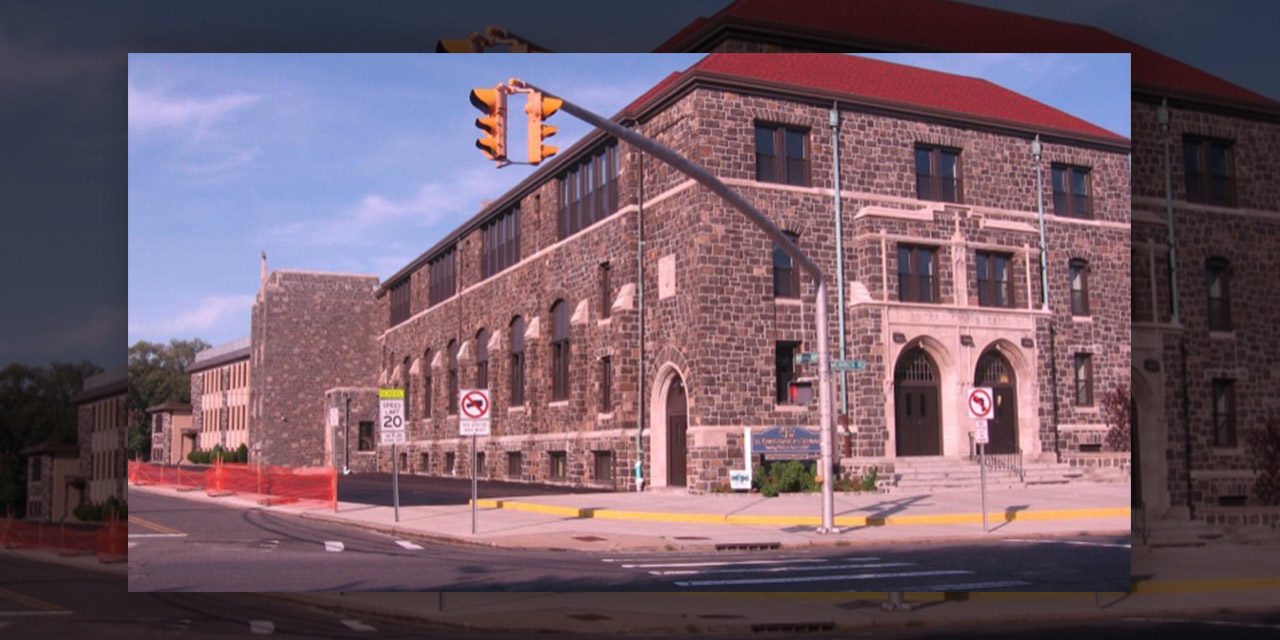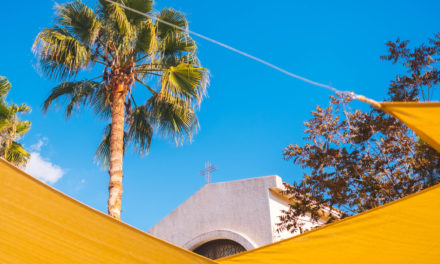The final bell of its 96-year run will toll by this Wednesday’s end inside St. Christopher’s School in Baldwin, Long Island – joining other Catholic institutions shuttered these last few years in the aftermath of a pandemic and shifting academic and religious traditions.
Originally constructed at the time of explosive suburban growth with Hudson River Bottom stone on the corner of Merrick Road and Pershing Boulevard in Baldwin, “St. Chris” wasn’t just our school for eight formative years of childhood. It was the center of our small-town universe. From lifelong friends we met there to CYO basketball in the gym, stickball in the parking lot and the positive influence of the eclectic personalities of the priests and the sisters of Saint Joseph – the religious order tasked with running and teaching classes in the school.
The annual rhythms of a parochial school education haven’t changed much over the last century. After all, the writer of the book of Hebrews reminds us that “Jesus Christ is the same yesterday, today and forever.”
Like they did decades ago, days begin and end with prayer, months are marked by Mass in the adjacent church each first Friday, there’s the Nativity reenactment at Christmas, special events at Easter and countless other timeless, distinctive practices enjoyed throughout the year.
At St. Chris, plaid was no fad. For well over a half-century, boy’s jackets and ties were made of it and girl’s jumpers, too. Parochial school dress levels the playing field.
But nothing lasts forever, even a school made of stone. Times change, and if we’re honest with ourselves, so do we.
Yet, one of the very best parts of education is that it’s not a finite, fragile commodity, like water in a well that will eventually run dry. No matter how old you get, it goes on and on – a small seed multiplying like compound interest.
It’s been over 35 years since I last attended St. Christopher’s School, getting drilled in the fundamentals of math by Sister Maria Martin, dipping out to serve at a funeral or sit under the tutelage of Sister Rosemary Wood – an imposing yet sweet woman in a black and white habit who wore a Yankee hat while playing punchball with us in the school yard.
After Sister Maria caught us staring at the clock one too many times, she covered it with a piece of paper that read, “Time Will Pass – Will You?” Her daily cultural commentary was delivered and often punctuated with a sigh and the wry observation that “The least common thing is common sense.” She was right then – and now.
All these years later, I could name each and every teacher inside those walls. Most importantly, I could tell you how they guided and directed me, complementing the lessons taught at home by my mother and father.
It would be impossible to overstate the positive influence the teachers there had on my life. One (Mr. Russ Josephs) introduced me to marathoning, which has become a lifelong passion, all the while deepening my understanding of what it meant to be a Christian. As we ran, he talked about Jesus and the need to forge a personal relationship with Him.
In the classroom, the nuns and lay instructors weren’t just teaching facts but demonstrating doctrines of the faith – specifically that life through service, though sometimes a grind, can be a grand adventure if we accept God’s invitation to join Him on the journey.
Before each field trip, Sisters Theresa Miller and Dolores McLaughlin, the two principals during my time there, would board the school bus and offer a prayer for a safe outing.
In reality, we’re all travelers in need of wisdom and insight for our respective journeys. I grieve the loss of a grand institution that would inevitably bless generations yet to come. But I nevertheless celebrate the completion of a successful mission conceived in a very different time and place almost a century ago.
I wish they could keep the school open, and I know the parish’s pastor, teachers, parents, students and alumni wish and have prayed for the very same thing. That its halls and classrooms will fall silent this September saddens me.
Nevertheless, you can close a school, but you can’t stop its influence, especially if its travelers possess, profess, and live out what the scriptures teach.






